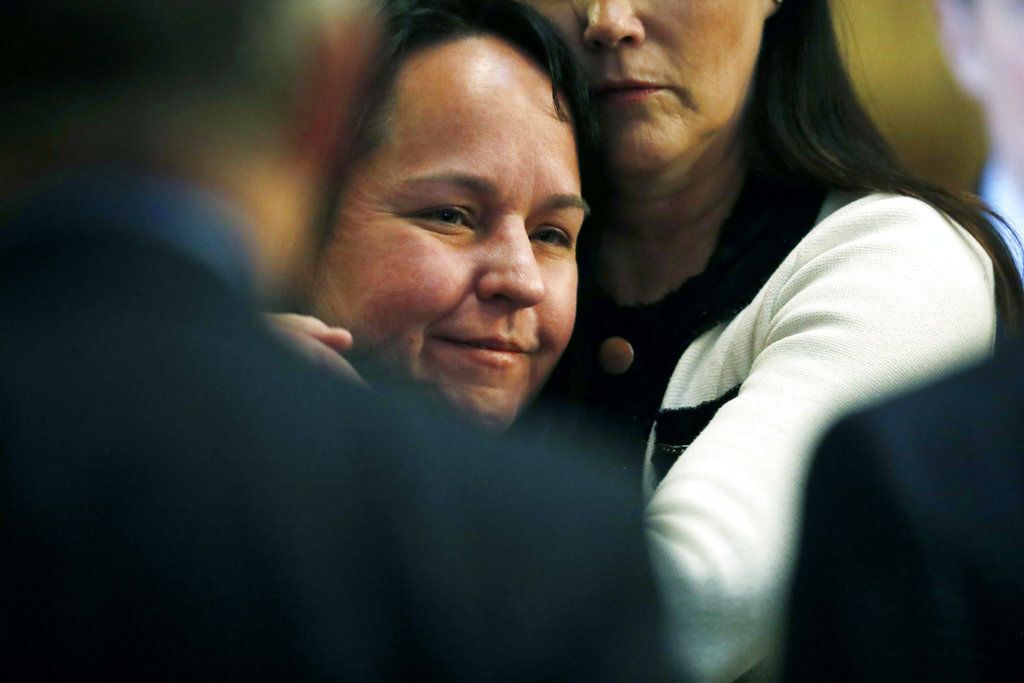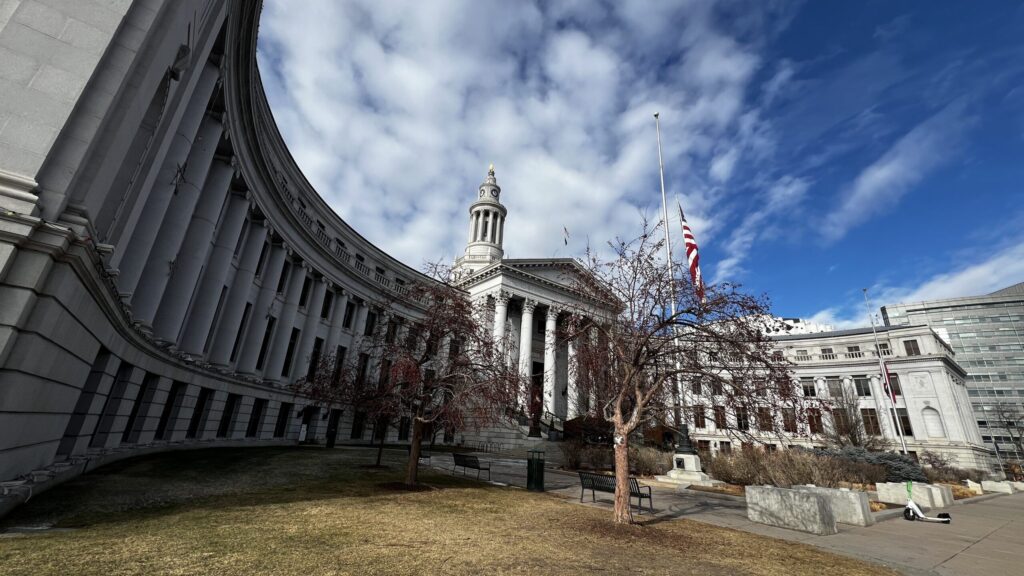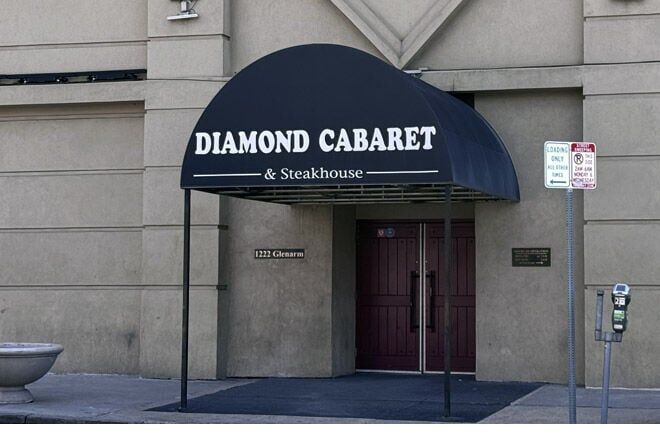Candidates for Denver City Council District 2 talk affordability, public safety

The three candidates for Denver City Council’s District 2 seat made their case for why voters should put them in office during a Fair Elections Fund Debate Wednesday.
While they addressed a number of issues, from how they will support LGBTQ+ communities to handling the climate crisis, one issue – affordability – popped up throughout the evening.
Raised by a single mother, candidate and organizer Tiffany Caudill said her family often dealt with food and housing insecurity. When she became a mother, she wanted to break the cycle, but faced similar hurdles her mother had to overcome, she said. She’s a candidate who understands firsthand many of the issues facing Denverites, she said.
Incumbent Kevin Flynn loves his long-time home of southwest Denver, he said, praising it as a racially diverse and more affordable area of the city compared to gentrifying areas. The next four years will be about holding the line against gentrification and displacement in the second district, he said.
Chris Herr is running to create a better future for his family and all families, he said. He works full time as a director of sustainability for the Auraria Campus. He hopes to bring his experience to city council to implement policies geared toward safety, affordable living and economic prosperity, he said.
Affordability
Affordability, and especially housing affordability, emerged as one of the preeminent issues the candidates aim to tackle.
The single greatest issue facing the district is affordability “starting with housing,” Flynn said. That doesn’t just including home prices and rents but also fees, taxes and the cost of utilities, he said. Flynn touted affordable housing projects coming into Loretto Heights for making 20% of units affordable, saying that far exceeds city requirements.
People deserve to be housed, Caudill said.
“I recognize that there is not a simple solution,” she said of the local housing crisis, adding the city’s response needs to be multi-faceted.
The city council needs to support rent stabilization legislation at the Capitol and enact rent stabilization policies at the local level, she said. City lawmakers must also pursue tenant protections and invest in community owned and developed social housing that includes supportive services, she said.
Herr lambasted Denver’s recent 14-year peak in homelessness and said “housing is definitely the biggest issue, and affordability, period.” Denver needs to fast track affordable housing projects, provide for safe camping sites, and treat people with respect, he said.
Public safety
Asked about their plans to address public safety, Caudill named gun violence as the biggest public safety challenge facing the community, particularly for young people.
“It is far too easy to access a gun,” she said. “We can and should be doing more.”
There has been progress in curbing violence, she said, but Caudill called on the city to further look at root causes of public safety issues and understand that crime rates decrease when people’s basic needs are met.
Flynn said the city’s department of public safety has been fast at work to identify root causes. An analysis of root causes, and a lack of opportunity, conducted of city neighborhoods showed a classic “inverted L,” meaning neighborhoods in northern and western portions of the city experience more inequities. The city is investing heavily to lift people out of poverty, he said.
Herr emphasized the need for safe storage of firearms and said he has decades of experience working in firearm safety. Gun violence, but also property damage and theft, are some of the concerns he hears residents voice most often, he said.
“These are things that we need to address really quickly,” he said.














